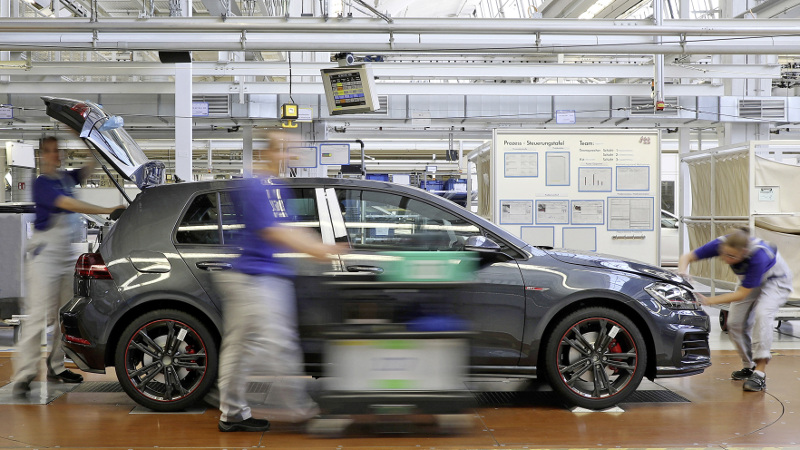German carmaker is back in public sector business after putting steps in place, but is amongst a number of OEMs that may not be ready for new Euro type approval regulations.
After the 'dieselgate' scandal in 2015, in which VW was found to be using illegal software to cheat diesel emmissions tests, the German-based car giant has made significant strides in revitalising its reputation. The impact of the scandal prompted tougher government legislation and a significant drop in diesel sales and used diesel residual values as a result and has cost an estimated 30bn Euros ($33bn) in fines and buy-back costs, not including lost sales.
One particular piece of fall-out was a US-wide ban on VW Group vehicles from public sector contracts. Now, in a deal with the US Environmental Protection Agency (EPA), VW can pre-qualify for these contracts in exchange for a second US monitor being installed at the company's headquarters in Germany. Although VW's presence in the US public sector is generally very low, it does have contract for large diesel engines, through subsidiary MAN Energy Solutions, some of which are used in US Navy and Coastguard vessels.
According to an internal VW statement released to news agency Reuters: "This deal recognizes the comprehensive measures that our company has been taking since 2015 to strengthen our compliance and risk management. It allows our subsidiaries to continue to do business with U.S. authorities."

Meanwhile, VW is among a number of automakers struggling to meet European compliance deadlines, a challenge which is disrupting vehicle sales across the region. The issue has been caused by changes in the EU's vehicle type approval regulations - in particular the Worldwide harmonized Light vehicle Test Procedure (WLTP) which was introduced in 2018 and replaced the New European Driving Cycle.
The WLTP standards focus on emissions and affect engine transmissions. Although VW was apparently the hardest hit by the regs changes, with VW admitting only 33% of its transmission variants had been certifed by the beginning of August 2019, Audi and Nissan are amongst the other brands that may also struggle to meet the deadline.
The challenge is in the time involved in the bench-testing of vehicles, particularly for the evaporative emissions test for gasoline-powered vehicles. This measures any hydrocarbon vapours which might escape from a vehicle over a 48-hour period. The test itself is relative short, but a 'soak' period of 12 hours is required between tests, where vehicles are left in an environmentally controlled room.
According to a spokesman for one VW dealer group: "We have been feeling the distortions it caused for months. Important volume models could not be offered or were only [available] in very limited supply. Customers that migrated to other brands as a result have been lost for years to come."
Spain reported a dramatic fall in new vehicle sales in August 2019 and blamed the numbers on WLTP after manufacturers had rushed to discount non-homologated (non-compliant) vehicles last year ahead of the new regulations. The country's automotive trade body, ANFAC reported a 31% drop in year-on-year comparative sales for August, a 74,490 in 2019 against the August WLTP-induced spike in the previous year.